The University of Western Macedonia has integrated the principles of Social Responsibility into its activities and functions, recognising these principles as a prerequisite for its long-term development.
Caring for the health and safety of UoWM’s employees, the respect and protection of the environment, the complete coverage of the beneficiaries’ needs and the harmonious coexistence with the local communities are the main concerns of the Sustainable Development of the University.
This Policy is in line with UoWM’s values, the principles of the Greek State, i.e., responsibility, integrity, transparency, efficiency, and innovation, and is determined by the Senate, which is committed to:
- implementing Social Responsibility Policy at all levels and areas of UoWM’s functions.
- abiding by the current legislation and fully implementing the standards, policies, guidelines and relevant procedures applied by UoWM, as well as other requirements arising from voluntary agreements endorsed and accepted by the University
- an open, two-way communication with partners in order to identify their needs and expectations
- providing a healthy and safe working environment for human resources, partners, and visitors
- protecting human rights and providing a working environment of equal opportunities, without discriminations
- consistently attempting to reduce the environmental footprint, through the implementation of responsible actions and prevention measures in accordance with the Best Available Techniques
- cooperating with and supporting local communities towards sustainable development
- constantly pursuing added value.
To fulfill the above commitments, the University of Western Macedonia, on a voluntary basis, designs and implements relevant programmes, and sets strategic priorities focusing on the following axes of Sustainable Development:
- Economic Development and Corporate Governance: The UoWM aims at achieving positive financial results, implementing a system of good corporate governance, assessing, and managing business risks in order to defend the interests of the Greek state. In addition, it develops procedures and takes measures both to enhance transparency and to prevent and combat corruption.
- University Community: UoWM aims at fully meeting students’ needs and invests in research and development, in order to provide high quality and added value services, thus improving its status in a constantly evolving environment. In addition, UoWM requests responsible business behaviour from its suppliers and partners.
- Human Resources – Health and Safety at Work: UoWM respects and supports internationally recognised human rights and implements policies of equitable rewards, meritocracy, and equal opportunities for all UoWM human resources, without any discrimination and with respect for diversity. Furthermore, it offers opportunities for development through continuous training and systematic evaluation of the human resources. A healthy and safe working environment is of high importance for UoWM.
- Environment: As regards environmental management, the principles of prevention and systematic actions are applied in order to minimise the environmental footprint. UoWM operates on the principles of circular economy, ensuring optimal management of natural resources, promoting metal recycling, utilisation of secondary raw materials and following practices of waste material disposal considering “circularity” of waste management practices.
- Local Communities: UoWM supports local communities and responds sensitively to relevant issues, having developed a close relationship based on interaction and cooperation. The University plans and implements actions meeting basic societal needs, concerning work, development, education, health, environment, and culture. Moreover, it encourages volunteering and supports initiatives for the sustainable development of local communities.
For all the above main issues concerning UoWM, we have set individual goals of Social Responsibility, which we evaluate in terms of their effectiveness on an annual basis, reviewing them when necessary.
Social responsibility policies and performance results, as well as programme implementation and objectives achievement are monitored by the Social Responsibility Committee and are published annually.
The stakeholders’ views are considered during the annual Management Review.

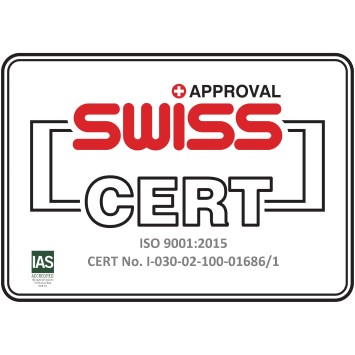
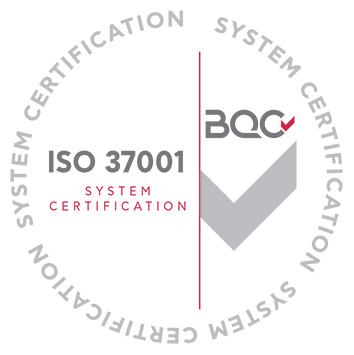
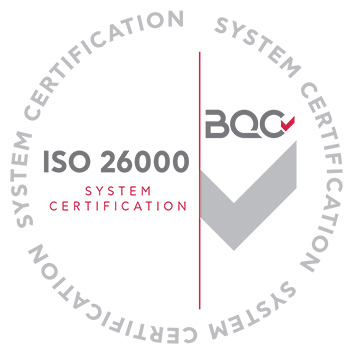
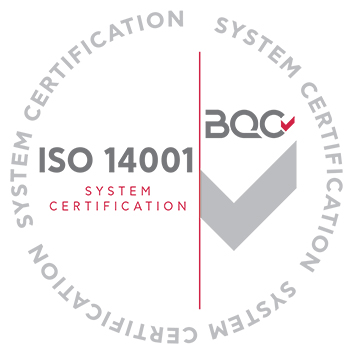
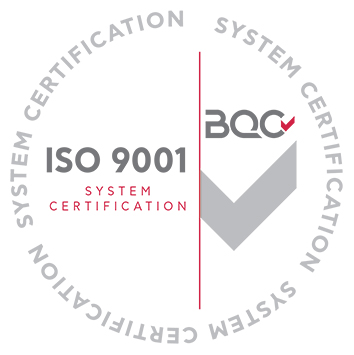
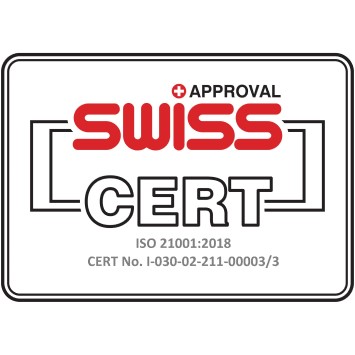

 University of Western Macedonia
University of Western Macedonia